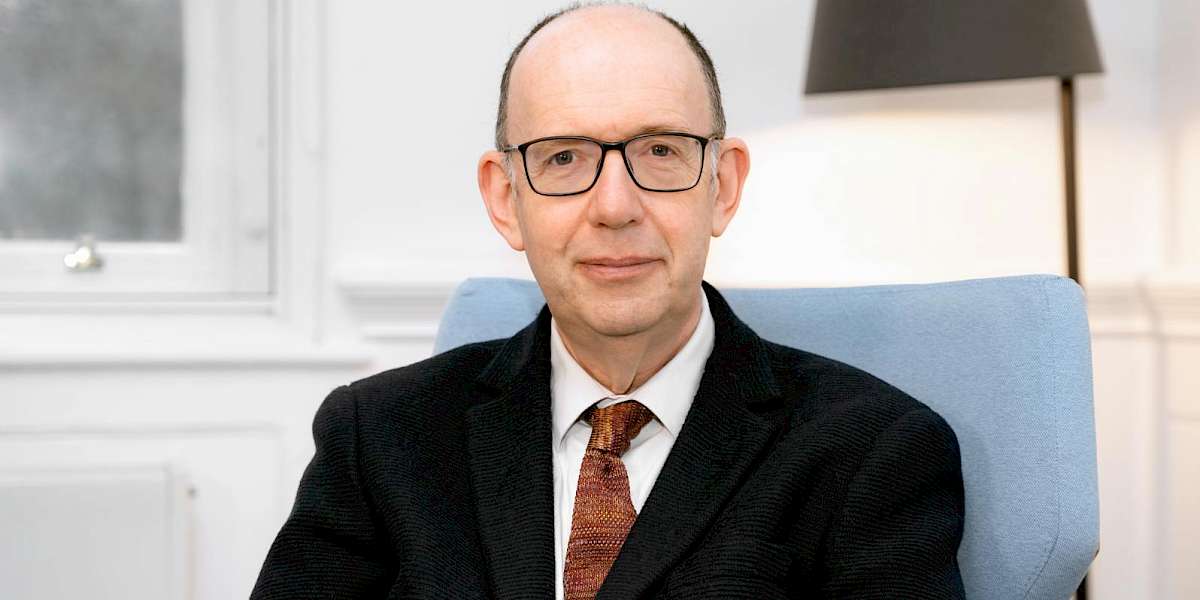An Interview with Sir Anthony Finkelstein


Sir Anthony is also the President of City, University of London, and a Professor of Software Systems Engineering, with an active interest across computer science and all aspects of the development of complex software systems. Here, Sir Anthony discusses the role of science and technology in policing, the importance of making policing fairer, more efficient, less intrusive, and the aims of the Police Science Council.
Sir Anthony Finkelstein CBE FREng DSc MAE FCGI is a world-leading engineer and computer scientist. He is a member of the Council of UK Research and Innovation (UKRI) and Chair of the Police Science Council established by the Police Chief Scientific Adviser. Sir Anthony is also the President of City, University of London, and a Professor of Software Systems Engineering, with an active interest across computer science and all aspects of the development of complex software systems. Here, Sir Anthony discusses the role of science and technology in policing, the importance of making policing fairer, more efficient, less intrusive, and the aims of the Police Science Council.
The Police Science Council
The Police Science Council (PSC) is an independent expert committee composed of world-leading academic and industry experts in science and technology. As one of several Scientific Advisory Councils across Government, the PSC acts as a critical friend to policing, providing independent and objective scientific advice, helping police access relevant scientific knowledge, advising on the appropriateness of science and technology innovation, and supporting science and technology capability and skill development within the sector. The Council encourages everyone in policing to access its expertise, from reviewing mature solutions to helping crystallize new ideas, with PSC members forming subgroups to support policing teams.
The Future of Policing
According to Sir Anthony, science and technology can help us understand what policing should look like in the future, particularly as crime and disorder increasingly intersect with the technological domain. As Chair of the Police Science Council, his role is to be the voice of science and technology in strategic decision-making for policing and provide advice where science and operational concerns interact. The Police Science Council underpins the work of the Police Chief Scientific Adviser by providing a team of senior and expert scientists who can offer critical engagement, judgement, and informed support.
The Police Science Council has been instrumental in supporting the development of the science and technology strategy for policing and disseminating insights to the police, particularly to the frontline. The Council has also advised on a range of projects, including those related to policing statistics, mental illness and mental health, and data and analytics in support of proactive policing.
Sir Anthony’s Vision
Sir Anthony is interested in areas of science and technology that can help the police with their complex record-taking tasks, deal with mental health emergencies, address questions related to domestic violence, and ensure the proportionate use of force. He believes that science and technology can make a significant difference in these areas, but the big challenge is how to secure public engagement and consent around the pace of change in science and technology.
Sir Anthony and the Police Science Council are working towards making policing more efficient and fairer for everyone, while also leveraging the power of science and technology to support policing and enhance their ability to keep communities safe.

